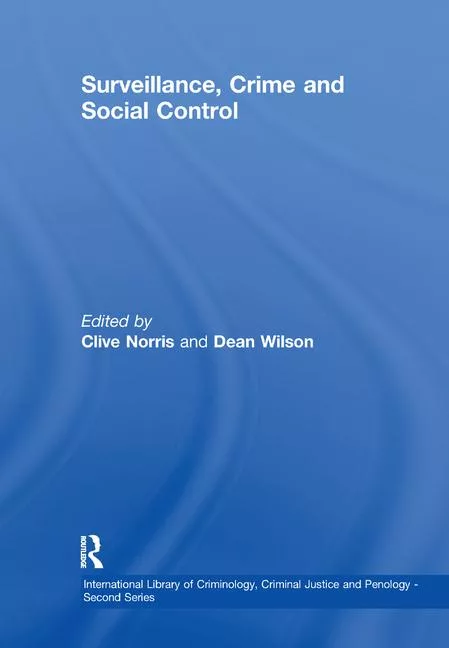Prosecutors Call for Updated White Collar Crime Laws
New York's antiquated laws against public corruption, computer crimes and fraud -- including swindles targeting the elderly -- would be beefed up under a series of wide-ranging proposals announced by a task force of state prosecutors and legal experts.
The task force also recommended a major sea change in the current state grand-jury practice concerning the immunity automatically granted to witnesses -- often viewed as a constraint to investigators -- as way of making it easier to prosecute all kinds of offenses.
Manhattan District Attorney Cyrus R. Vance Jr., who spearheaded the task force as a project of the state association of district attorneys, said the proposals, if enacted by the legislature in Albany, would represent the first significant overhaul in New York's criminal laws in decades.
Recalling that the state in 1986 made some basic changes in fraud laws to deal with the new reality of computer crime, Vance said that was before the Internet took off as a 21st century crime scene.
It was against that backdrop that Vance said he convened the task force in 2012. The group was composed not only of prosecutors but also former judges, white-collar defense attorneys and legal scholars.
Although current state law bars prosecution of a grand-jury witness for events he or she testifies about -- so-called "transactional" immunity -- the proposal would allow prosecutors to use other independently developed evidence to charge the witness with a crime. That change, allowing for "use immunity," would greatly help prosecutors make cases, said Newsday.
The recommendations include:
- Eliminate full immunity to witnesses for crimes they testify about in grand jury investigations, and instead allow prosecutors to build cases against them separate from their testimony.
- Upgrade the existing crime of official misconduct, currently only a misdemeanor, to create to new crimes of first- and second-degree official misconduct which would be class D and E felonies, respectively.
- Enact sentencing enhancement for abuse of public trust.
- Upgrade the existing computer-tampering law and create a first-degree crime as a class B felony.
- Upgrade the crime of unlawful possession of a skimmer device, electronic devices that capture personal identification data, from a misdemeanor to a class D felony.
- Amend the definition of larceny so that the purported "consent" by a victim with diminished mental capacity is not a defense.
- Allow witness more than 100 miles from the grand jury or located out of state to testify via a secure video connection.
Looking for a reprint of this article?
From high-res PDFs to custom plaques, order your copy today!






